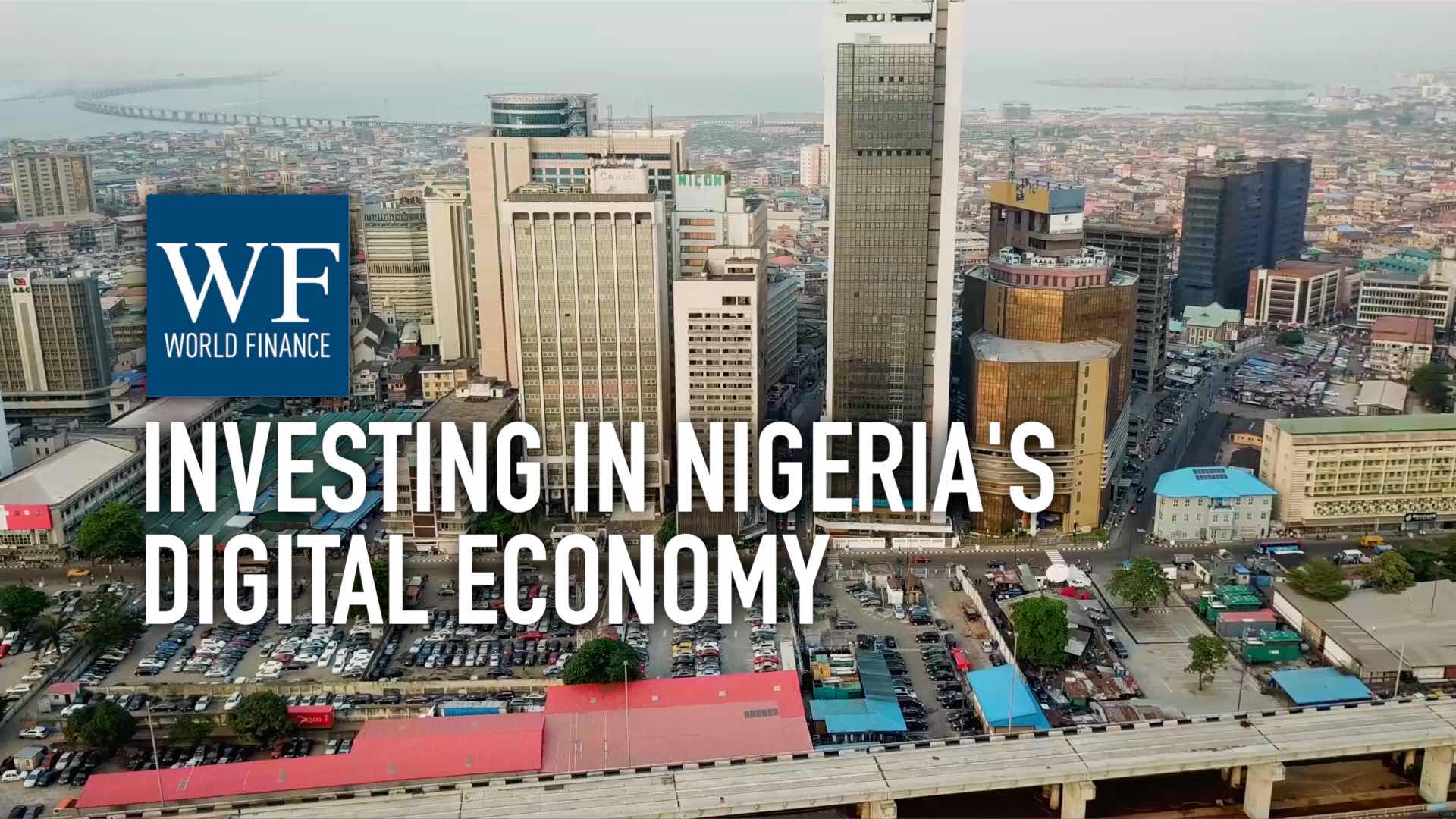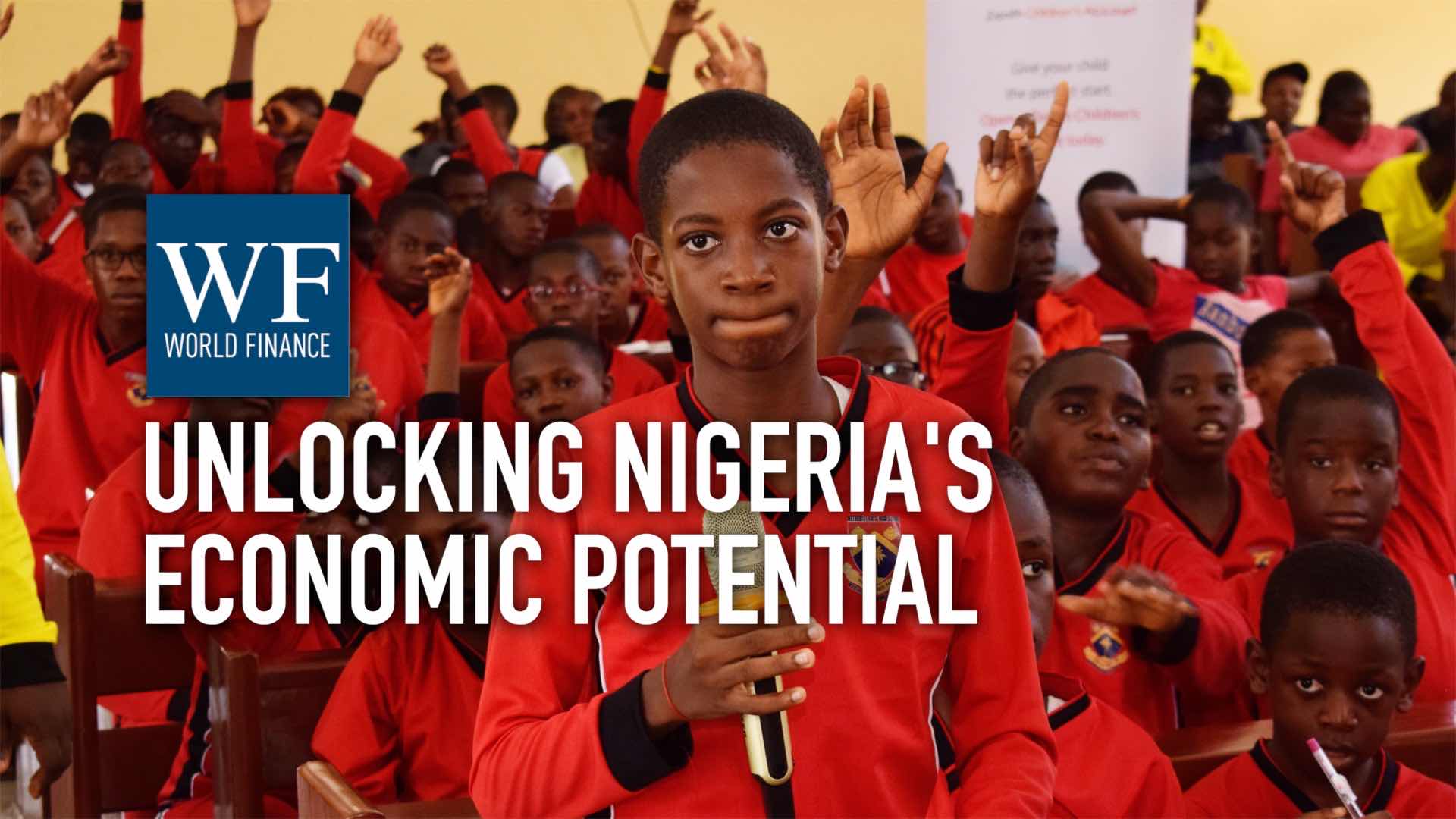Transforming Akwa Ibom: How the civil service state became an FDI magnet
Governor Udom Emmanuel explains how developing a collaborative relationship with business has transformed Akwa Ibom
Related:
Transcript
Udom Emmanuel took governorship of the Nigerian state Akwa Ibom in 2015. Since then he has transformed the southern coastal region from a civil service state into an attractive destination for private enterprise; one of the best states in the country for bringing in foreign direct investment. In this first video from the hour World Finance spent in the studio with Governor Udom Emmanuel, he explains his vision for the transformation of Akwa Ibom, how he developed the state’s collaborative relationship with business, and the importance of supporting the youth to develop their full potential.
World Finance: What was the state of the economy and of employment in Akwa Ibom when you took governorship?
Udom Emmanuel: When we talk about being a civil service state, it means that the only hope for employment, and what everybody looked out for in terms of employment, was to be a civil servant. There were no alternatives.
And being a civil service state also was that, it wasn’t attractive to foreign direct investors. Because, what could actually form what I call, ease of doing business? The attention wasn’t given to those areas.
And we came in, and we just defined what I call RAW, R-A-W: road, air, water. To actually build our own industrialisation policy. If you cannot attract people by road, if you cannot attract people by air, if you cannot attract investors by water? It means you have deficiencies.
The attraction wasn’t there. The ease of doing business wasn’t there. The hope, the expectation, the seeking of the people. But we are gradually changing that narrative.
World Finance: So catch me up to today: what’s the state of the economy now, what opportunities are available, and what changes did you make to get Akwa Ibom into this position?
Udom Emmanuel: The changes first of all: you need to assess, what do you have? Because I believe in life what you have is all that you need, to get to where you want to get to. Once you know what you have, the next thing is, you now come and drive the human mindset: what people should believe in, what do we stand for?
You need also to allow people to own the processes. Own the system. Claim that ownership. You might want to call it inclusion. Political inclusion, social inclusion, economic inclusion. And then create that enabling environment, for that inclusion to actually strive. I think that’s basically what we did. Because if you don’t get that right, you cannot actually create all the other areas that I was referring to.
Let me let you into a real life example of what we did. You know we are a developing nation? If you cannot actually pay school fees for your children, government should come in as social contract. So right now, at the basic level, we run free and compulsory education. We pay for those examination fees. We pay for the registration costs. We provide basic infrastructure in all the schools. These are some of the things we do so that people can have that sense of belonging. Have that sense of ownership of the government. Own the processes, own the systems, own the infrastructure.
World Finance: You want government to have a collaborative relationship with business, rather than an adversarial one; how have you supported businesses, be they home-grown or international?
Udom Emmanuel: First of all by looking at what are their basic needs. What will attract them to us? Number one, infrastructure. Number two, policies, regulations. Number three, relationship with the community. Number four, ease of access to land where it is needed, and other infrastructures.
These are all areas we have looked at, and we’ve provided solutions to all those areas.
Number one: through our airline you can come in in the morning, finish your business, and leave the same day.
Number two: once you have an investment that will need land or property, we make sure that we sort you out within 60 days. We try to keep it that short.
Number three: we also look at, when you need a lot of power to do your own business, we are generating that power, captive power, just to meet your own business needs.
And then also we try as much as possible to look at other basic infrastructure, like ease of access to the site, road network. And some other social infrastructure that would also ease these businesses.
And of course, you will need human resources. That we can boast of a great deal. Training the youth, developing the youth, equipping the youth. Trying to bring up the youth in the current platform – this is an ICT age. We try as much as practical as government to intervene, so that you can also have access to labour when you have set up your own businesses.

 Zenith Bank is ‘at the forefront of encouraging Nigeria’s upcoming digital economy’
Zenith Bank is ‘at the forefront of encouraging Nigeria’s upcoming digital economy’ From zero to hero: with support for SMEs to MNCs, Zenith is unlocking Nigeria’s potential
From zero to hero: with support for SMEs to MNCs, Zenith is unlocking Nigeria’s potential
